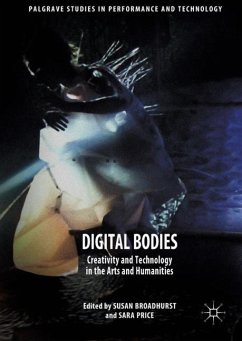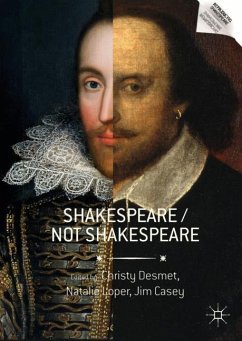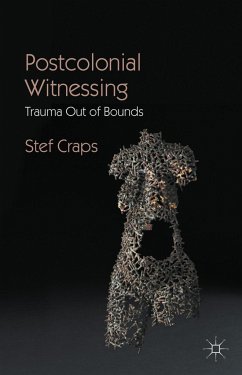
Indigenous Creatures, Native Knowledges, and the Arts
Animal Studies in Modern Worlds
Herausgegeben: Woodward, Wendy; McHugh, Susan

PAYBACK Punkte
42 °P sammeln!
This volume illuminates how creative representations remain sites of ongoing struggles to engage with animals in indigenous epistemologies. Traditionally imagined in relation to spiritual realms and the occult, animals have always been more than primitive symbols of human relations. Whether as animist gods, familiars, conduits to ancestors, totems, talismans, or co-creators of multispecies cosmologies, animals act as vital players in the lives of cultures. From early days in colonial contact zones through contemporary expressions in art, film, and literature, the volume's unique emphasis on So...
This volume illuminates how creative representations remain sites of ongoing struggles to engage with animals in indigenous epistemologies. Traditionally imagined in relation to spiritual realms and the occult, animals have always been more than primitive symbols of human relations. Whether as animist gods, familiars, conduits to ancestors, totems, talismans, or co-creators of multispecies cosmologies, animals act as vital players in the lives of cultures. From early days in colonial contact zones through contemporary expressions in art, film, and literature, the volume's unique emphasis on Southern Africa and North America - historical loci of the greatest ranges of species and linguistic diversity - help to situate how indigenous knowledges of human-animal relations are being adapted to modern conditions of life shared across species lines.














